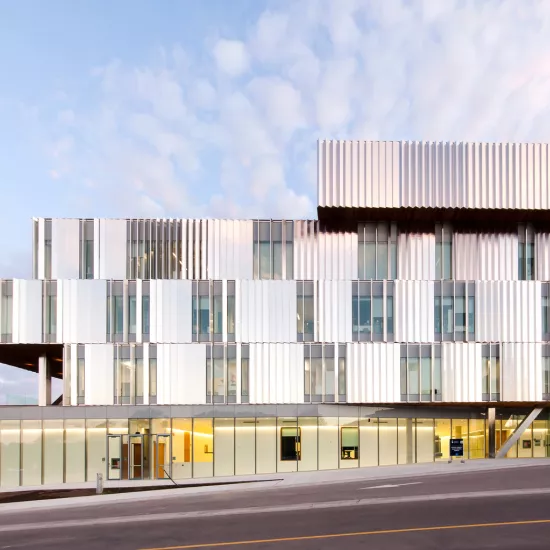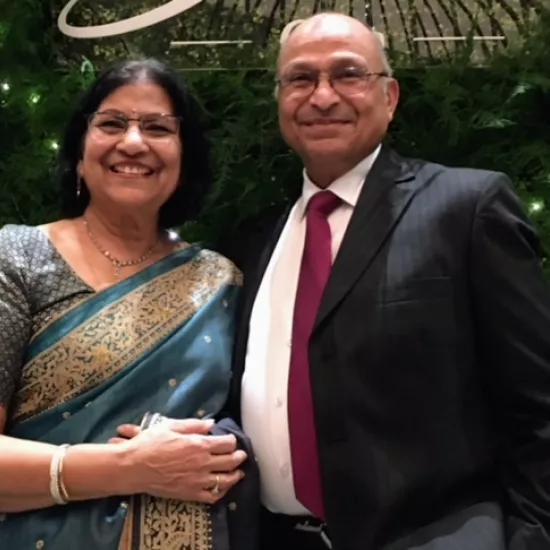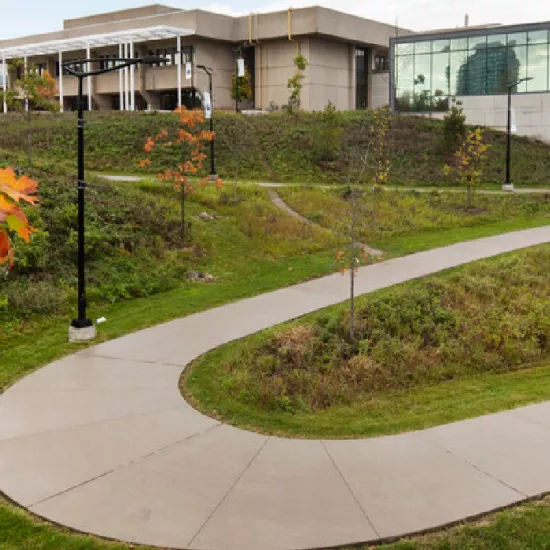Driving for a cure


Five or six days a week, Bilal Saqib drives 300 kilometres to help find a cure for Duchenne muscular dystrophy (DMD). He says your support makes it worth the trip.
A second-year PhD candidate at the University of Toronto Mississauga, Bilal was awarded Max’s Big Fellowship in September 2023.
“The research is intensive and I need to be on campus to do the work,” says Bilal, who lives southeast of London, Ontario. “This funding makes the 12- to 14-hour days possible.”
Bilal is part of the UTM research team led by superstar researcher Patrick Gunning, PhD. Dr. Gunning is a world leader in the development of new drugs to battle aggressive forms of cancer and genetic disorders like DMD. Bilal’s research is focused on histone deacetylases (HDACs), enzymes that have been shown to play a role in the cell mutation that causes the fatal genetic disorder. By advancing the biophysical characterization of the HDAC inhibitors synthesized by fellow Max’s Big Fellowship recipient Diaa Abdallah, he hopes to prove the ability of the treatment to slow disease progression and possibly even reduce muscle loss.
But these aren’t just any HDAC inhibitors. Bilal is testing targeted drugs capable of curbing the negative effects of the enzyme while also preserving the good.
He points to the example of Givinostat, a pan-HDAC inhibitor recently approved for use by the U.S. Food and Drug Administration. “Givinostat binds to every HDAC enzyme in our body. I’ll be testing selective HDAC inhibitors in the hope of finding those that bind only to the HDACs implicated in DMD.”
Thanks to your support, Bilal is putting in the long days required to unearth a precise and potentially groundbreaking new treatment.
“I feel very grateful that I was able to receive Max’s funding to accelerate this work,” he says.



